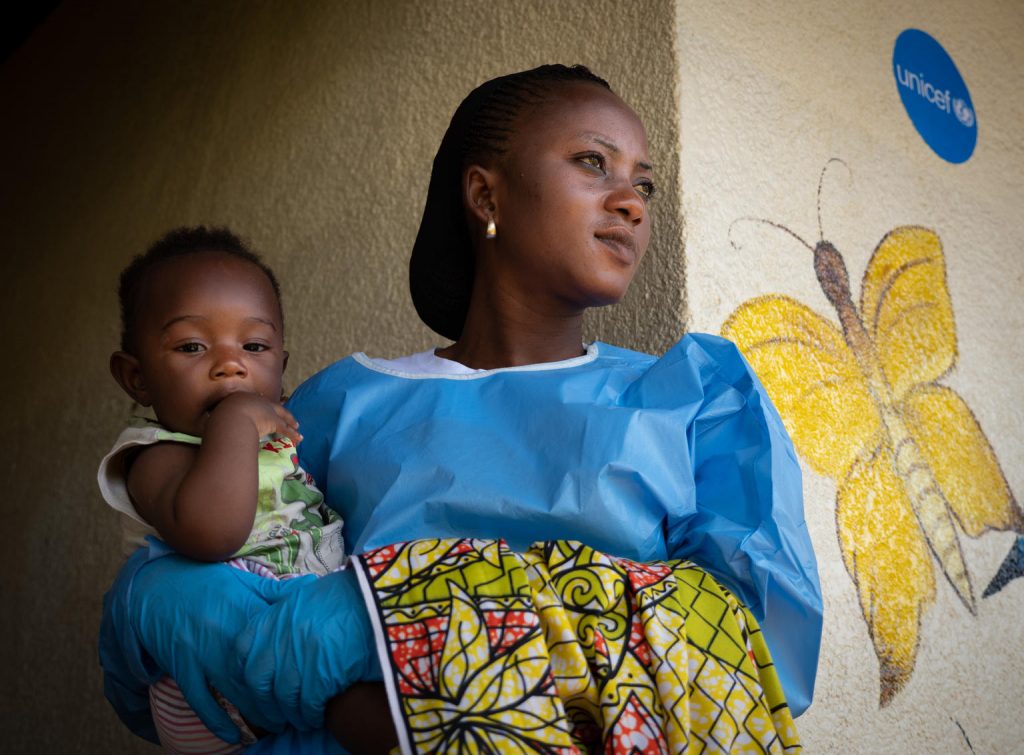Recent years have seen major global investment in epidemic preparedness and response. The World Health Organization’s new guidelines for health emergency preparedness (WHO 2017), extending the ambit of the 2005 International Health Regulations, have accompanied growing commitments to centralised planning, surveillance, modelling and prediction capacities, funding and insurance instruments, drug and vaccine research and development, rapid response teams and more.
This refreshed global model for techno-managerial epidemic control emerged in the aftermath of the major 2014-2016 West African Ebola outbreak – in a spirit of ‘never again’. The COVID-19 epidemic, likely to spread to African settings amidst intense China-African interactions, invites this global model to be put to the test – now invigorated further by China’s forceful state-supported outbreak control measures. But how applicable is this emergent global/Chinese model to African settings? What insights emerge from African experiences with Ebola virus disease and response, as highlighted by local populations’ and anthropologists’ engagements with them (Abramowitz 2017)?



